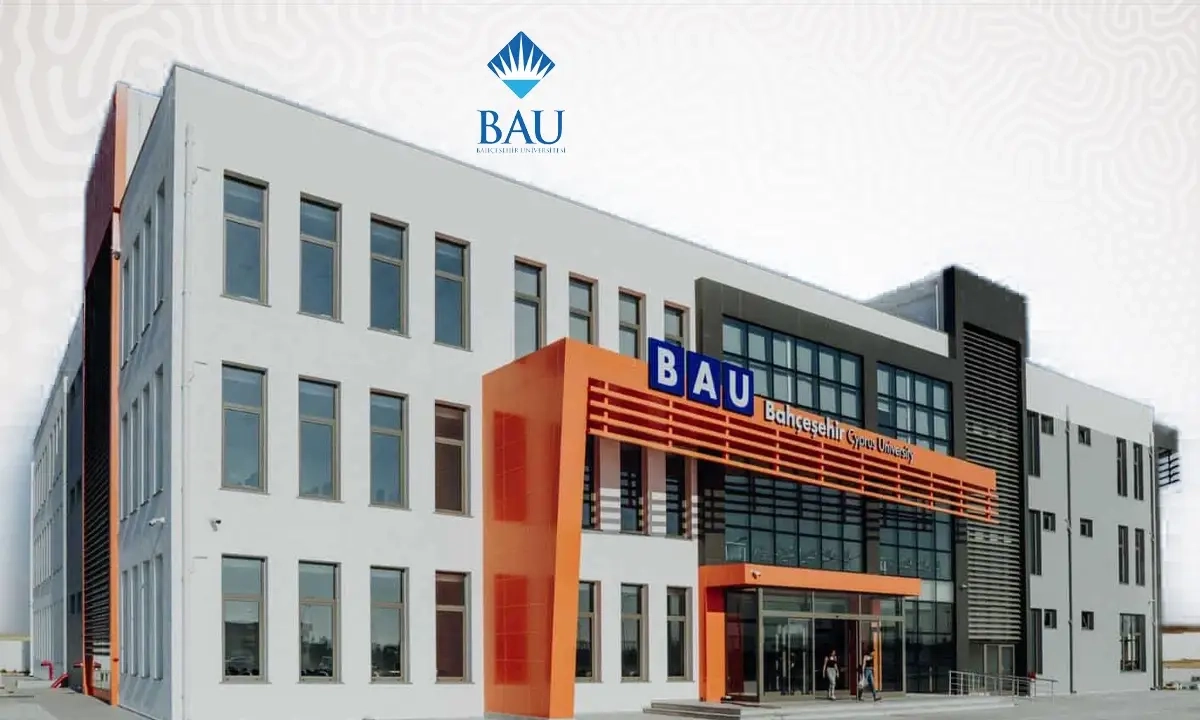College: Graduate School of Science and Engineering
Civil Engineering focuses on the design, construction, and maintenance of infrastructure such as roads, bridges, buildings, and water supply systems. Students develop skills in structural, geotechnical, transportation, and environmental engineering. Graduates are prepared for careers in construction, urban planning, and infrastructure development.
Learning Objectives:
- Understand the fundamentals of civil engineering and its applications.
- Develop skills in structural analysis, geotechnical engineering, and transportation planning.
- Learn techniques for designing and managing civil engineering projects.
- Explore principles of environmental engineering, water resources, and sustainability.
- Analyze and interpret civil engineering data and research findings.
- Develop critical thinking, problem-solving, and project management skills.
Major Outline:
- Introduction to Civil Engineering - Overview of key concepts and practices in civil engineering.
- Structural Engineering - Principles of structural engineering, including analysis, design, and construction of buildings and bridges.
- Geotechnical Engineering - Principles of geotechnical engineering, including soil mechanics and foundation design.
- Transportation Engineering - Principles of transportation engineering, including traffic analysis and roadway design.
- Environmental Engineering - Principles of environmental engineering, including water treatment and waste management.
- Water Resources Engineering - Principles of water resources engineering, including hydrology and water supply systems.
- Construction Management - Principles of construction management, including project planning and cost estimation.
- Sustainable Engineering - Principles of sustainable engineering, including green building design and renewable energy.
- Civil Engineering Practice - Practical experiences in civil engineering, including internships and projects.
- Civil Engineering Capstone Project - Comprehensive project applying skills in structural engineering, transportation planning, or environmental engineering.
Assessment Methods:
- Structural analysis reports
- Geotechnical engineering projects
- Transportation planning studies
- Environmental engineering designs
- Water resource management plans
- Construction management plans
- Sustainable engineering projects
- Practical training reports
- Capstone projects
- Group projects
- Presentations
Recommended Textbooks:
- "Civil Engineering: An Introduction" by Various Authors.
- "Structural Analysis" by R.C. Hibbeler.
- "Geotechnical Engineering" by Braja M. Das.
- "Transportation Engineering" by Garber and Hoel.
- "Environmental Engineering" by Davis and Cornwell.
- "Water Resources Engineering" by Mays.
- "Construction Management" by Halpin and Woodhead.
- "Sustainable Engineering" by Various Authors.
Prerequisites:
Basic knowledge of mathematics, physics, and engineering principles. Suitable for students interested in construction and infrastructure development.
Specialization Duration:
Typically 4 years for a Bachelor's degree, including coursework, projects, practical training, and internships.
Certification:
Graduates may obtain a degree in Civil Engineering and pursue higher education or professional certifications, such as those issued by the American Society of Civil Engineers (ASCE).
Target Audience:
- Aspiring civil engineers
- Structural engineers
- Transportation planners
- Environmental engineers
- Individuals seeking careers in construction firms, engineering companies, government agencies, and related fields
This specialization equips students with the engineering, analytical, and project management skills needed to excel in civil engineering and support careers in construction, urban planning, and infrastructure development.
























